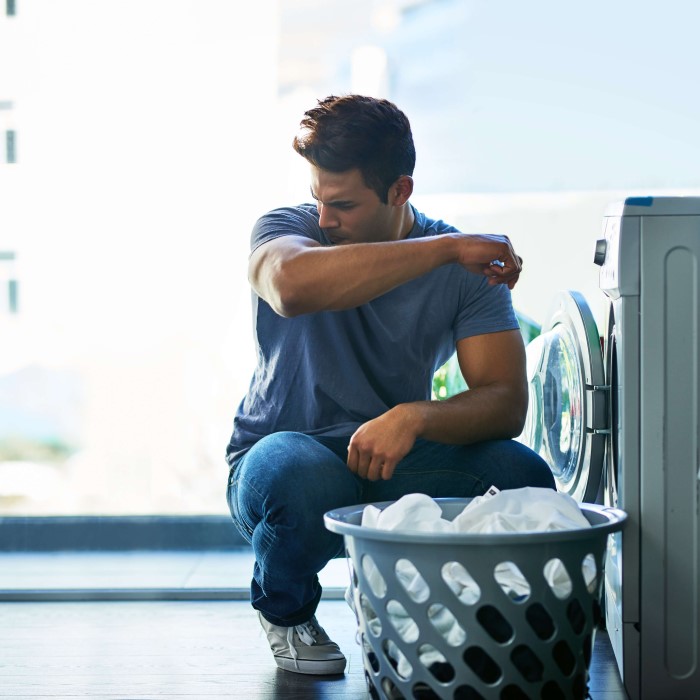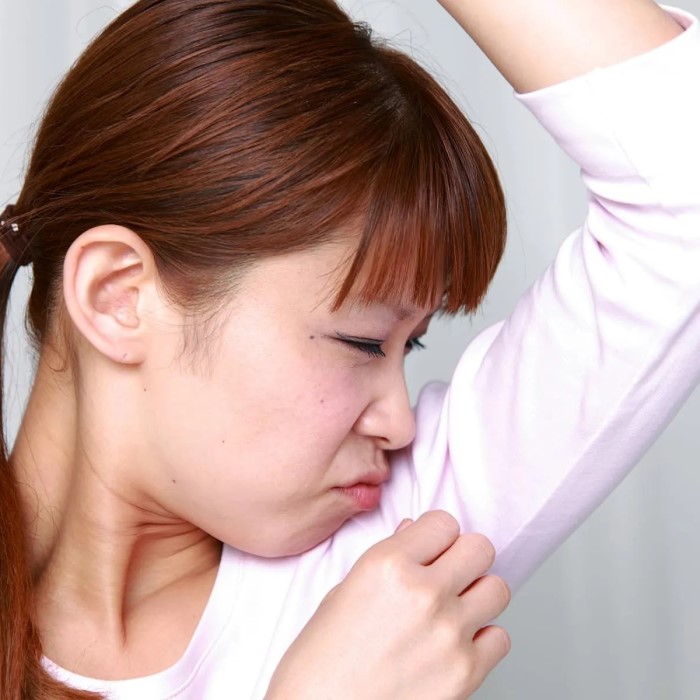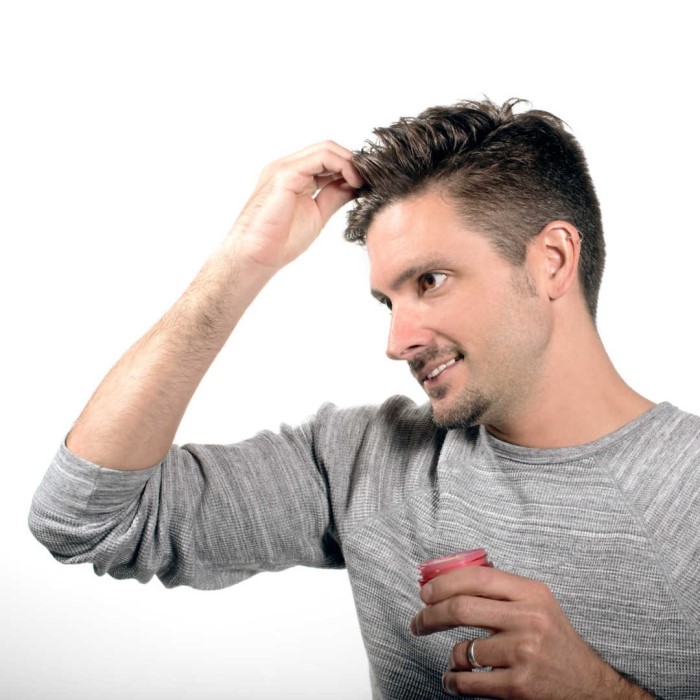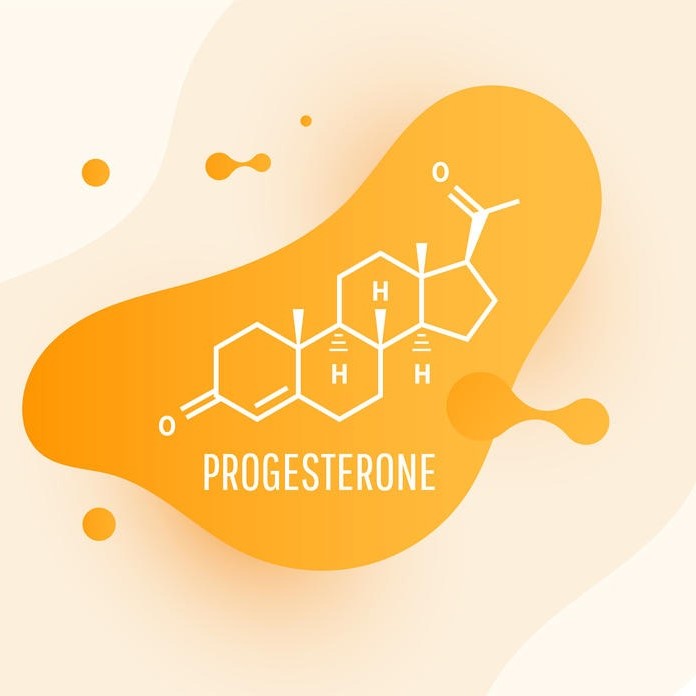
Does Armpit Hair Cause Odor? Unveiling the Truth Behind It
Understanding the Relationship Between Armpit Hair and Odor
Many people often wonder, does armpit hair cause odor? This question arises from the common belief that body hair, particularly in the armpits, plays a significant role in body odor. To address this inquiry, we need to delve into the science of body odor and the role of armpit hair, hygiene habits, and bacteria.
First, it’s essential to understand what causes body odor in general. The odor often associated with sweat is not directly caused by sweat itself. Instead, it is the result of bacteria breaking down compounds found in sweat. Therefore, while armpit hair does not directly cause odor, it can create an environment where bacteria thrive.
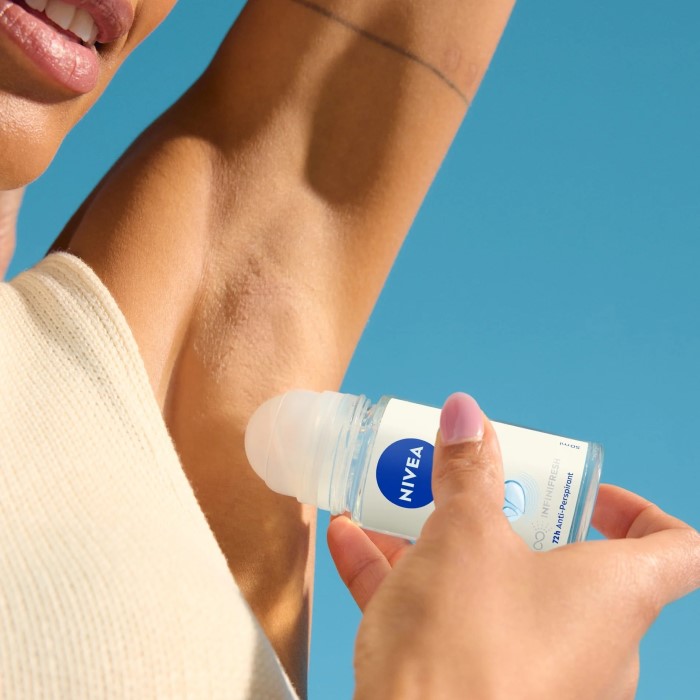
The Role of Armpit Hair in Body Odor
Does armpit hair cause odor? Armpit hair plays a significant role in body odor. It can influence how sweat interacts with skin. This section explores its impact on our body’s smell and cleanliness.
How Armpit Hair Interacts with Sweat
Sweat glands in the armpits produce moisture throughout the day. Armpit hair helps spread this sweat across the skin. This can lead to more evaporation but may trap moisture in some cases. Sweat itself is odorless, but interactions with skin bacteria create smells. Hair provides a surface for sweat to stay longer, increasing bacteria growth. This contributes to stronger odor in some people.
Does Armpit Hair Trap More Bacteria?
Armpit hair can act as a home for bacteria. These bacteria feed on sweat and produce bad smells. The dense area of hair makes it easier for bacteria to thrive. Without proper hygiene, bacteria growth intensifies, worsening odors. However, hair can also protect skin from irritation caused by sweat. Regular washing is crucial to prevent bacteria trapping and odor buildup.
Causes of Body Odor
Does armpit hair cause odor? Body odor occurs due to the interplay of sweat, bacteria, and other external factors. This section explores what contributes to body odor and how sweat interacts with bacteria to cause smells.
Factors Contributing to Body Odor
Several elements lead to body odor. Some common factors include:
Sweat Production
- Nature of Sweat: Sweat is produced by the sweat glands in our skin and is primarily composed of water, salts, and trace amounts of other substances. It serves to regulate body temperature through evaporation.
- Odorless Nature: Fresh sweat itself is generally odorless. This means that when it first comes out of the body, it does not have a distinct smell.
- Role in Thermoregulation: The primary purpose of sweating is thermoregulation, helping the body maintain a stable internal temperature, especially during physical activity or in hot environments.
Skin Bacteria
- Presence of Bacteria: Our skin naturally hosts a variety of bacteria. These microorganisms play a role in skin health, but they also interact with sweat.
- Process of Breakdown: When sweat is excreted, bacteria on the skin break down the sweat into smaller compounds. This microbial action is responsible for the transformation of neutral sweat into odorous substances.
- Types of Bacteria: Different types of bacteria can produce different odors. For instance, Staphylococcus and Corynebacterium are common skin bacteria that contribute to body odor when they metabolize sweat.
Hormonal Changes
- Hormonal Influence: Hormonal fluctuations can significantly impact the body’s sweat production. For instance, during puberty, menstrual cycles, or pregnancy, hormone levels can vary widely.
- Increased Activity: These hormonal changes can lead to increased activity in sweat and oil glands. This heightened activity can result in more sweat and the production of oils, which can intensify body odor.
- Androgens: Specifically, androgens (male hormones present in both males and females) are known to stimulate the apocrine glands responsible for producing sweat in areas like the armpits and groin, further contributing to odor.
Diet and Hydration
- Influence of Foods: Certain foods can have a noticeable impact on body odor. For example, foods that are strong in flavor or fragrance, such as onions, garlic, and certain spices, can alter how a person smells.
- Chemical Compounds: These foods contain sulfur compounds and other volatile substances that are released through sweat, which can result in stronger, more pungent odors.
- Importance of Hydration: Staying adequately hydrated can help dilute sweat and the compounds within it. Proper hydration can also facilitate the body’s detoxification processes, potentially improving body odor.
Health Conditions
- Medical Influence: Some underlying health conditions can affect how the body smells. For instance, certain metabolic disorders can lead to distinctive body odors that are often indicative of the condition.
- Diabetes: In individuals with diabetes, high ketone levels can lead to a sweet or fruity smell in the breath and sweat, a condition that can be associated with diabetic ketoacidosis.
- Hormonal Disorders: Conditions affecting hormones, such as hyperthyroidism, can also impact sweat and body odor by altering sweat gland functioning.
Hygiene Habits
- Impact of Hygiene: Personal hygiene practices play a crucial role in managing body odor. Infrequent bathing or inadequate cleaning can lead to the buildup of sweat and bacteria on the skin.
- Bacterial Growth: Poor hygiene allows bacteria to proliferate, leading to intensified odors as more sweat is broken down by the bacteria’s metabolic processes.
- Regular Cleaning: Establishing a consistent hygiene routine that includes regular showering and the use of deodorants or antiperspirants can help mitigate unpleasant body odors and promote a clean, fresh feeling throughout the day.
Understanding these factors helps manage and prevent stronger odors effectively.
Sweat, Bacteria, and Bad Smell
Sweat and bacteria play the largest role in body odor. Here’s how they interact:
- Sweat Glands: Sweat glands in the armpits produce moisture when the body regulates temperature. Sweat includes water, salts, and proteins.
- Bacteria Growth: Armpit hair and moisture create ideal conditions for bacteria to thrive.
- Odor Creation: Bacteria feed on the proteins and salts in sweat. This process generates smelly compounds like thioalcohols.
Controlling bacteria levels on the skin is key to reducing odor. Regular washing and use of antibacterial products can help combat smells effectively.
Does Removing Armpit Hair Affect Body Odor?
Removing armpit hair may influence body odor to some extent. Hair plays a role in trapping sweat and bacteria, two primary contributors to odor. Without hair, it may be easier to manage moisture and bacterial growth, potentially reducing body odor. This section will explore the benefits of armpit hair removal and various methods to remove it effectively.
Benefits of Removing Armpit Hair
- Reduces Bacteria Growth: Armpit hair can trap sweat, creating an environment for bacteria to thrive. Removing hair reduces the surface area where bacteria can grow. Less bacteria means less odor production.
- Improves Hygiene: Hair-free armpits are easier to clean. Sweaty residues and buildup are less likely to get trapped, leaving the skin fresher.
- Minimizes Odor: With fewer bacteria and sweat accumulation, there is less smelly compound production.
- Enhances Comfort: For some, hair removal reduces irritation caused by sweat mixing with hair.
- Boosts Confidence: A clean, odor-controlled appearance can make people feel more confident in social settings.
Common Methods for Armpit Hair Removal
There are multiple ways to remove armpit hair. Here are some of the most common:
- Shaving: This is the quickest and most accessible method. It involves using a razor to cut hair at the skin level. Regular shaving helps maintain hair-free armpits but may require frequent maintenance.
- Waxing: Waxing pulls hair directly from the roots. It provides longer-lasting results compared to shaving but can be painful.
- Depilatory Creams: These chemical-based creams dissolve hair at the skin’s surface. They offer a painless removal option but should be tested for allergies before use.
- Laser Hair Removal: This method uses laser technology to target and destroy hair follicles. It offers permanent results over time but can be expensive.
- Epilation: Epilators remove hair by pulling them out from the roots. The process can be uncomfortable but provides long-lasting results.
- Sugaring: Using a natural paste made from sugar, this technique removes hair similarly to waxing but is often gentler on sensitive skin.
While armpit hair removal may help reduce body odor, individual results vary. Everyone has unique skin and hair types, so choose a method that suits your needs and preferences. Regular hygiene practices should always accompany hair removal to ensure effective odor management.
Proper Hygiene to Reduce Body Odor
Maintaining proper hygiene is crucial for managing and reducing body odor effectively. Simple practices can make a significant difference in how you smell throughout the day.
Importance of Washing and Cleaning
Regular washing is essential to remove sweat and bacteria from the skin. Use antibacterial soap to reduce bacteria buildup. Pay special attention to areas prone to sweating, like armpits and feet. Shower daily, especially after exercising or sweating heavily. Clean clothes and undergarments after each use to prevent odor transfer. Ensure towels used for drying are clean and dry to avoid bacterial growth. Proper washing eliminates odor-causing agents and keeps your body fresh.
Choosing Effective Antiperspirants and Deodorants
Using the right products can help control sweat and odor. Antiperspirants reduce sweat production by blocking sweat glands temporarily. Deodorants neutralize odors by killing bacteria and adding fragrance. Choose a product that suits your skin type to avoid irritation. Apply antiperspirants or deodorants to clean, dry skin for the best results. For sensitive skin, consider using fragrance-free or hypoallergenic options. These products are an effective part of your hygiene routine to prevent unpleasant smells.
Myths and Misconceptions About Armpit Hair and Odor
Despite being a common subject, armpit hair and its relation to body odor are often misunderstood. Myths about the connection between body odor and armpit hair have circulated for years. Let’s sort out the facts and myths surrounding this topic.
Debunking Common Misbeliefs
- Myth – Armpit Hair Naturally Smells Bad: It’s not the armpit hair that creates odor. Sweat and skin bacteria interact to produce smells. Hair provides a surface for sweat and bacteria but isn’t inherently smelly.
- Myth – Shaving Eliminates Body Odor Completely: Shaving helps reduce odor by removing the surface where bacteria thrive. However, it does not stop sweat or completely eliminate odor. Regular hygiene practices are necessary alongside hair removal.
- Myth – Only Hairy People Have Bad Odor: Body odor varies by genetics, diet, and hygiene. Even those without armpit hair can have body odor if they neglect hygiene or consume odor-inducing foods.
- Myth – More Hair Means Stronger Odor: While hair can potentially trap sweat and bacteria, proper washing can manage odors well regardless of hair amount.
Understanding these myths can help prevent misconceptions and promote effective hygiene strategies.
Scientific Studies on Hair and Smell
Scientific research has examined the relationship between armpit hair and body odor:
- Sweat and Bacteria: Studies show sweat itself is odorless. Odor forms when bacteria break down sweat. Armpit hair doesn’t directly cause odor but can retain sweat and provide a space for bacteria.
- Hair Removal Effects: Research indicates hair removal reduces odor as it removes the area where moisture builds up. However, skin health and cleanliness matter more for odor management.
- Skin Microbiome Role: Studies suggest the diversity of skin bacteria affects odor. Regular hygiene regulates this microbiome, controlling odor, regardless of hair presence.
- Evolutionary Role of Armpit Hair: Some researchers propose that armpit hair historically helped trap pheromones. It may have played a role in human mating behaviors.
Science confirms that proper hygiene and good habits are more effective in managing body odor than simply removing hair. Being informed helps us make better decisions about our personal care.
Lifestyle Changes to Manage Body Odor
Body odor can be managed with simple changes in lifestyle. Paying attention to diet and clothes helps reduce odor effectively.
Foods and Diet Impact on Odor
What you eat directly affects how your body smells. Some foods cause stronger odors, while others help fight it. Here’s how:
- Odor-Causing Foods: Foods like garlic, onions, and spices release odor through sweat. Avoiding them can reduce smell.
- Hydration: Drinking plenty of water keeps your body fresh. Water flushes odor-causing toxins.
- Healthy Diet: Vegetables, fruits, and whole grains promote better digestion, reducing chemical buildup in sweat.
- Probiotics: Foods with healthy bacteria, like yogurt, balance gut health, indirectly lowering sweat odor.
- Avoid Processed Foods: Junk food can increase sweat odor. Choose natural foods for better results.
Clothing Choices for Better Sweat Management
Clothing can make a big difference in controlling odor. Pick materials and styles wisely to stay fresh.
- Breathable Fabrics: Cotton and linen allow air circulation, preventing sweat buildup.
- Moisture-Wicking Gear: Synthetic materials pull sweat away, keeping skin dry.
- Loose Fitting Clothes: Tight clothes trap sweat and odor. Choose loose options for comfort.
- Change Daily: Fresh clothes every day stop sweat and bacteria transfer.
- Avoid Dark Colors in Summer: Light-colored clothes keep you cooler and reduce sweating.
Lifestyle adjustments like choosing the right foods and wearing appropriate clothes are easy ways to manage body odor effectively.
Tips for Preventing Strong Body Odor
Preventing strong body odor requires consistent effort and effective routines. Simple changes can make a big difference.
Daily Routines for Freshness
- Shower Regularly: Wash your body daily to remove sweat, dirt, and bacteria. Use antibacterial soap for better results.
- Wear Clean Clothes: Change clothes and undergarments every day to prevent sweat odor transfer.
- Use Effective Products: Apply antiperspirants to control sweat and deodorants to neutralize smells. Choose products suited for your skin.
- Keep Armpits Dry: Dry your armpits thoroughly after showering to avoid bacterial growth.
- Maintain Hair Hygiene: Trim or remove armpit hair for easier cleanliness and reduced odor.
- Monitor Sweat-Prone Areas: Wipe sweat-prone areas regularly during the day to stay fresh.
Long-term Habits to Avoid Odor
- Improve Diet: Avoid odor-causing foods like garlic and onions. Eat fresh vegetables and fruits instead.
- Stay Hydrated: Drink enough water to flush toxins and reduce sweat-induced smells.
- Choose Breathable Fabrics: Wear cotton or moisture-wicking clothes for proper airflow and sweat control.
- Exercise Wisely: Shower after exercise to remove sweat and odor-causing bacteria.
- Use Natural Remedies: Try baking soda or apple cider vinegar as natural solutions to combat odor.
- Regular Skin Care: Clean and exfoliate skin to reduce bacteria and keep pores healthy.
Building these habits over time ensures better personal hygiene and less strong body odor. Consistency is key.
Conclusion: Understanding Body Odor and Armpit Hair
In conclusion, the question of does armpit hair cause odor? reveals the complexity of body odor itself. While armpit hair does not directly cause odor, it can contribute to the conditions that allow bacteria to flourish, leading to increased scent. Understanding the factors behind body odor can help you manage it effectively.
Regular hygiene practices, choosing suitable products, and living a healthy lifestyle can ensure you stay fresh and confident. With the right knowledge and practices, you can address any concerns related to body odor and embrace your natural self!
